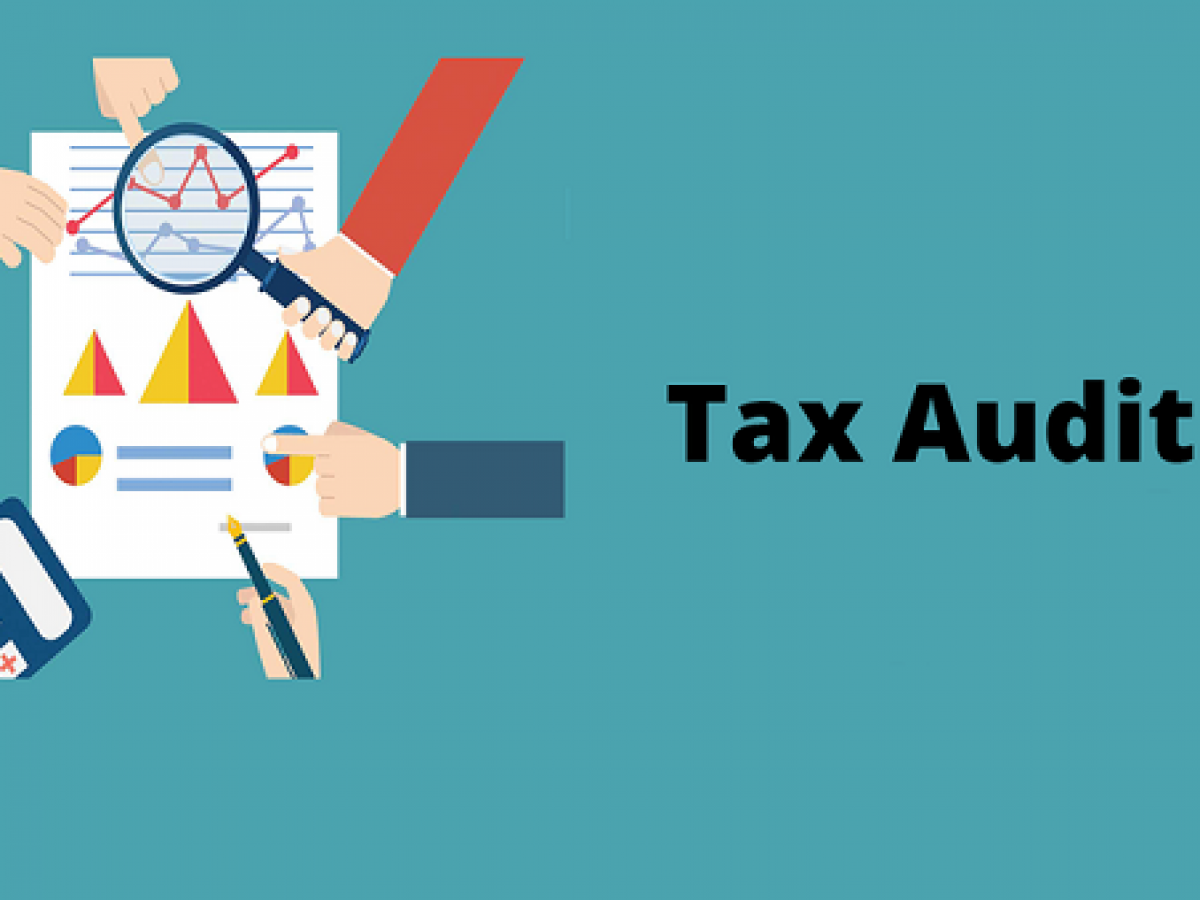
Tax regulations for contractors

Tax regulations for contractors, Due to the distinct nature of their operations and financial activities, the tax audit process can differ for contractual service providers in comparison to other business types.
Here’s how the tax audit process might differ for a contractual service provider:
Income Recognition and Documentation:
Contractual service providers often generate revenue through providing services rather than selling physical products. The audit process for them will focus heavily on verifying the accuracy of income recognition. Auditors will closely examine contracts, invoices, and other documentation to ensure that revenue is properly reported and recognized based on the terms of the contracts and the completion of services.
Expense Verification:
Since contractual service providers rely more on labor and expertise rather than inventory and manufacturing, the audit process might emphasize verifying the legitimacy of expenses related to services provided. Auditors will scrutinize expense records, labor costs.
And other direct expenses to ensure they are reasonable, documented, and directly related to the service operations.
Labor Classification and Taxation:
For contractual service providers who engage freelancers, consultants, or independent contractors, the classification of workers is critical. Auditors will assess whether workers are correctly classified as employees or independent contractors to determine the appropriate tax withholding.
Payroll taxes, and compliance with labor laws. Misclassification can lead to tax and legal complications.
Deductions and Tax Credits:
Contractual service providers may have specific deductions and tax credits related to their industry or services offered. Auditors will review these deductions and credits to ensure that they are eligible and properly documented.
This could include expenses for specialized equipment, professional development, or industry-specific regulations.
Sales Tax and VAT:
Depending on the jurisdiction and the type of services provided, sales tax or value-added tax (VAT) may be applicable to contractual services. Auditors will examine the accuracy of sales tax or VAT calculations, ensuring that the correct rates are apply and collect from clients where necessary.
Documentation of Client Agreements:
The audit process for contractual service providers may involve verifying the existence and accuracy of contracts and agreements with clients.
Auditors will want to ensure that the terms of the agreements match the reported income and that services were delivered as specified.
Recordkeeping and Compliance:
Like all businesses, contractual service providers need to maintain accurate and organized financial records. The audit process will assess the completeness and accuracy of financial statements, transaction records, and supporting documentation to ensure compliance with tax regulations.
In summary, The tax audit process for a contractual service provider is tailored to their unique business model, focusing on income recognition.
Expense verification, worker classification, industry-specific deductions, and compliance with sales tax or VAT regulations. The audit aims to ensure accurate reporting, proper documentation, and adherence to relevant tax laws for services provided.
To visit: https://www.mca.gov.in/
